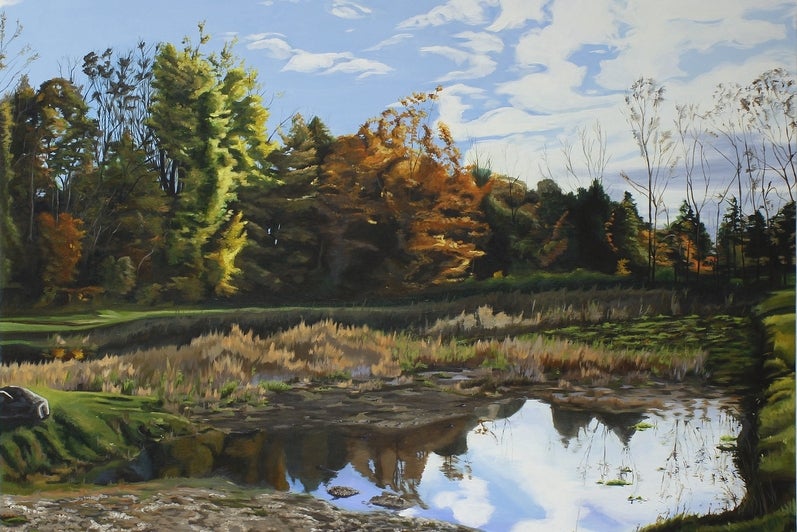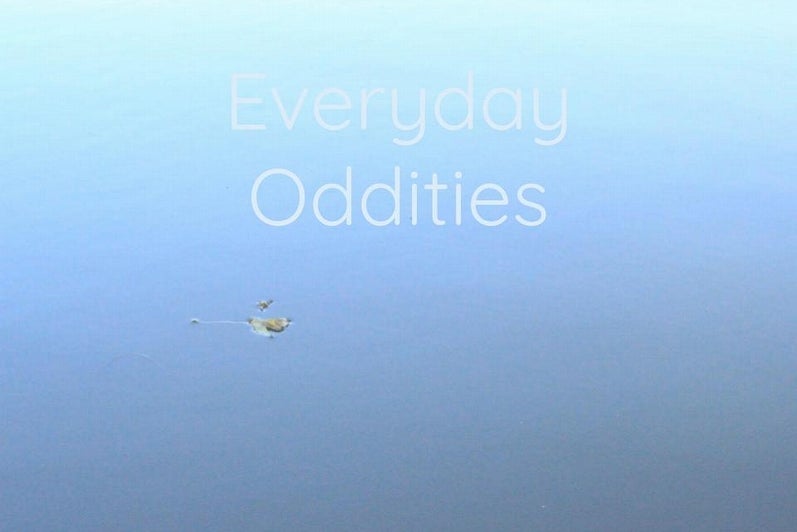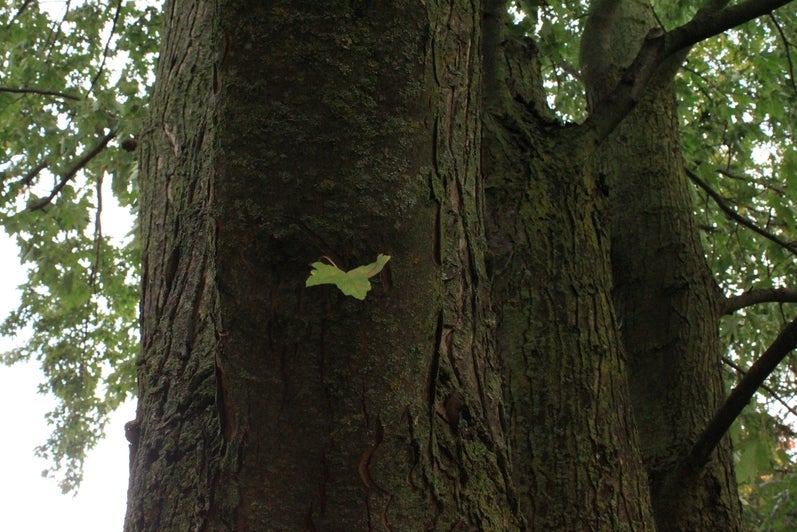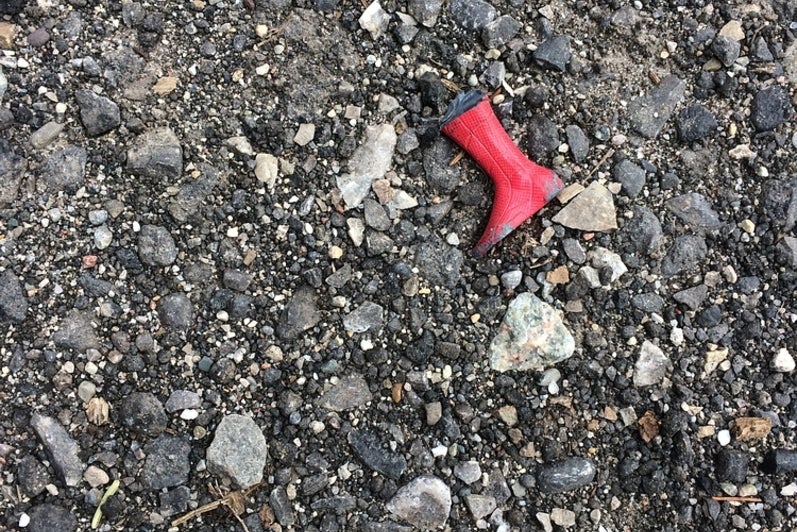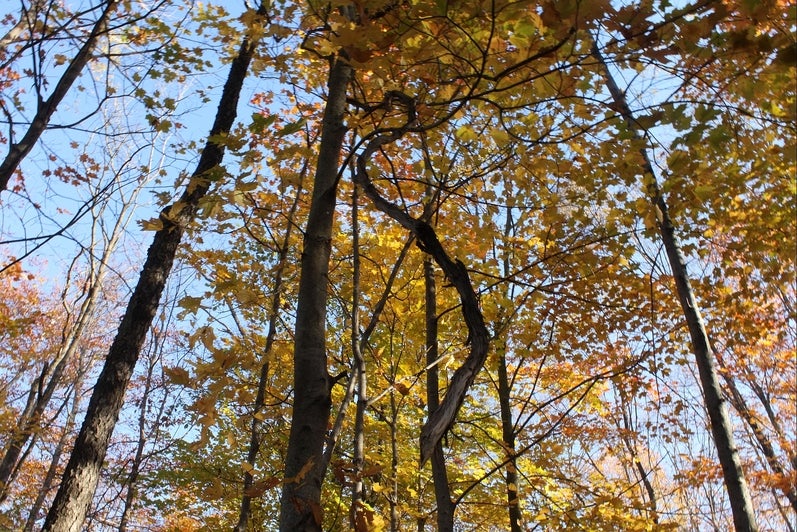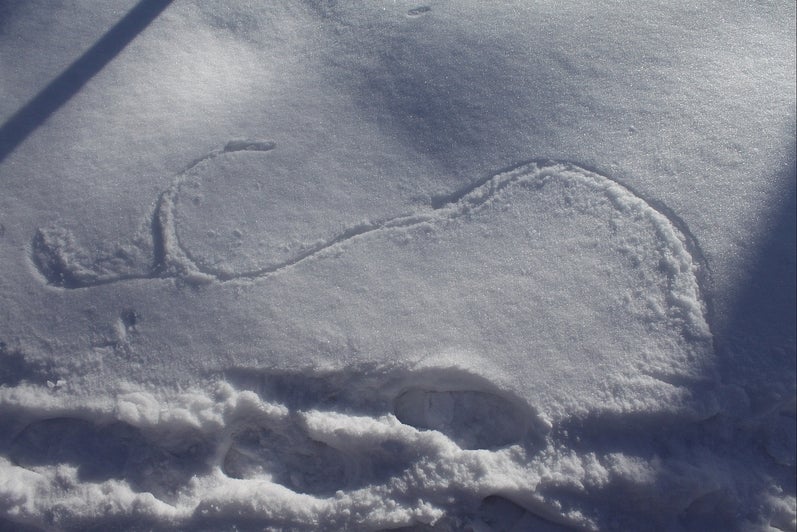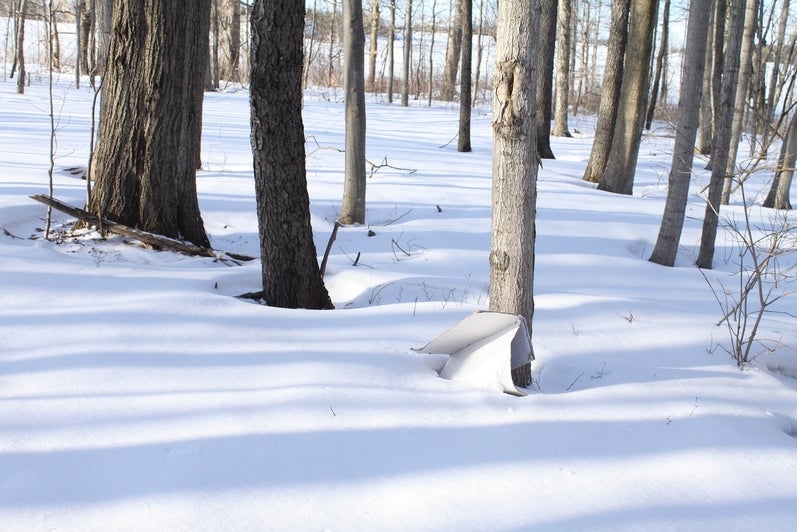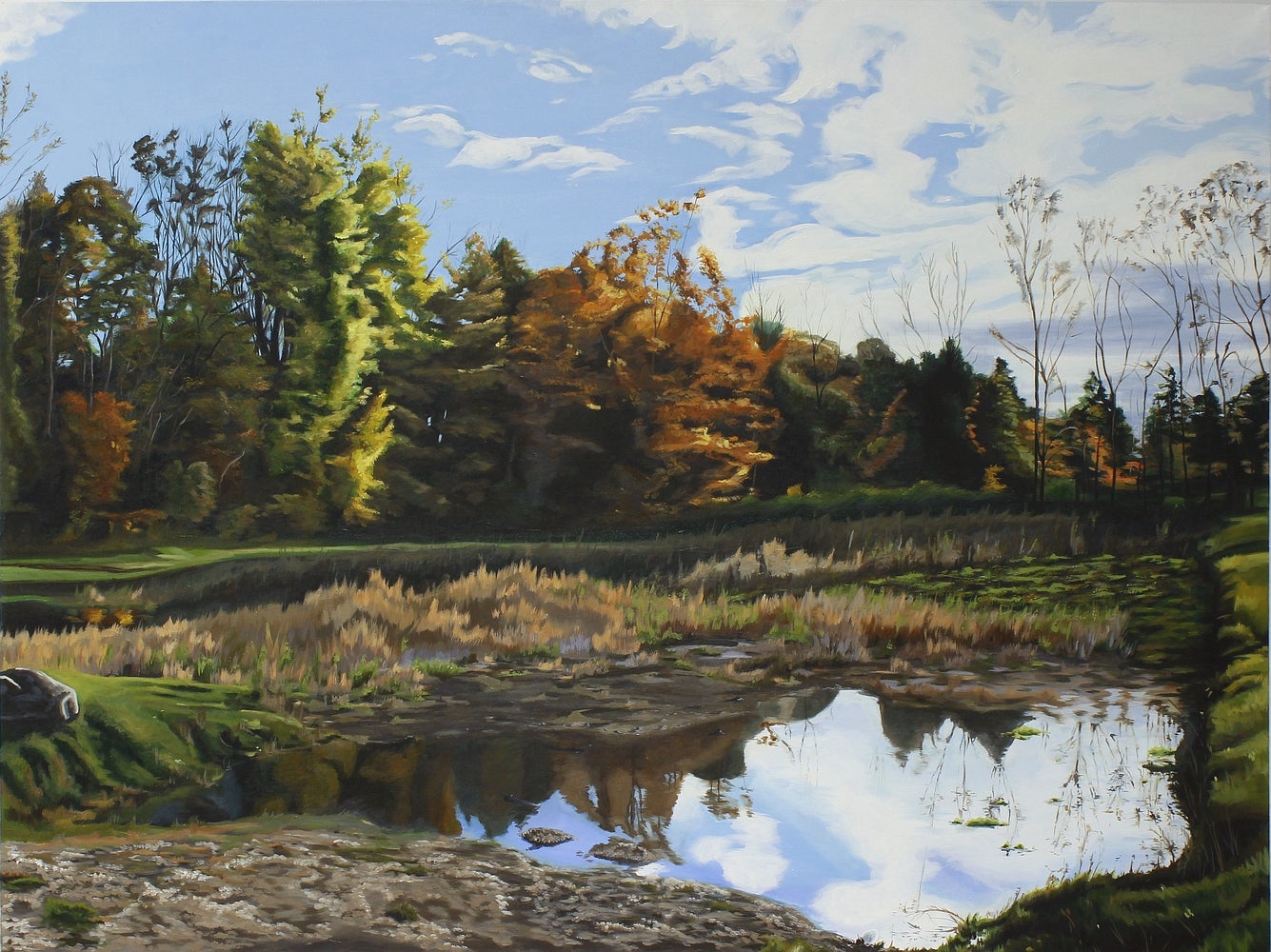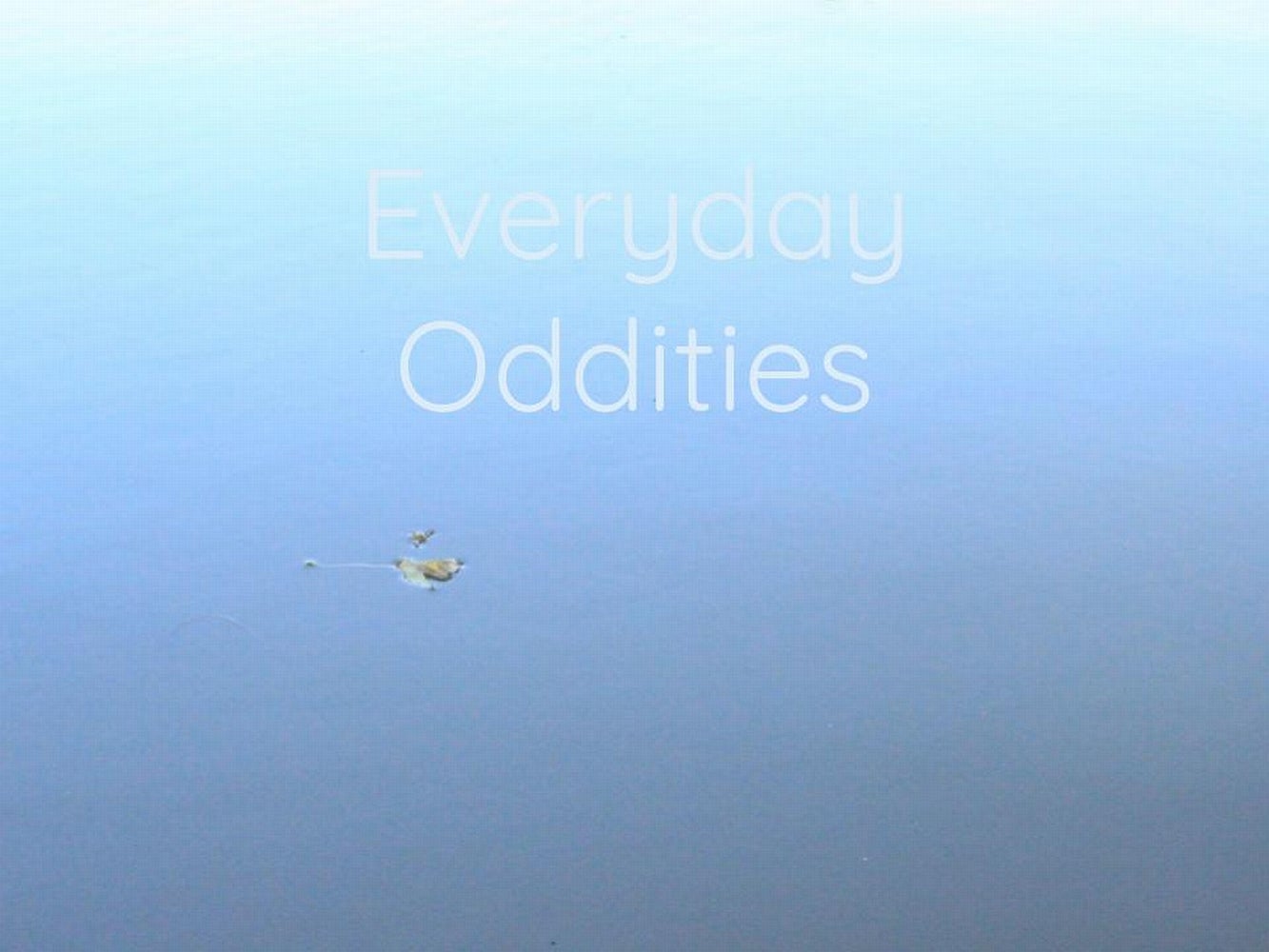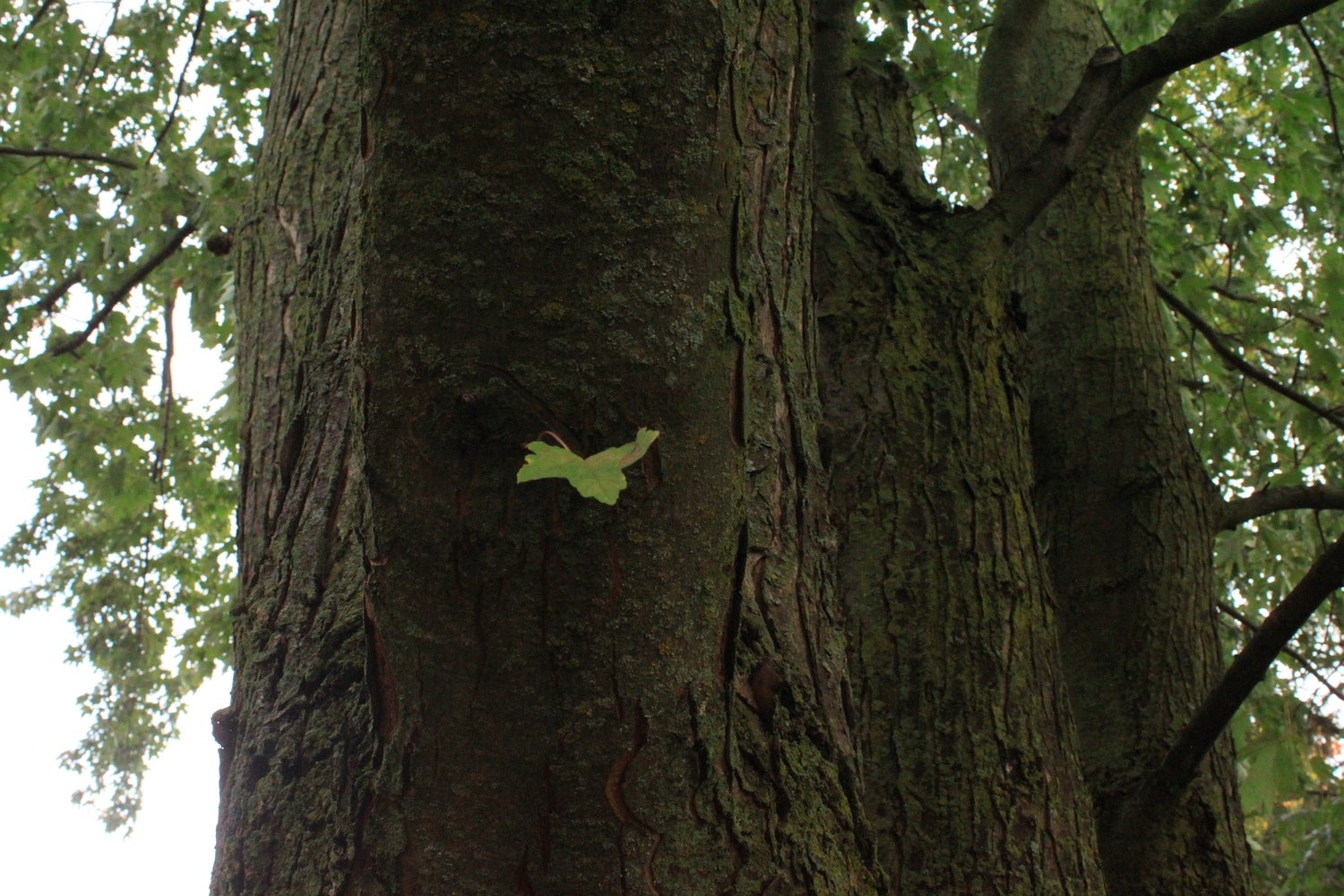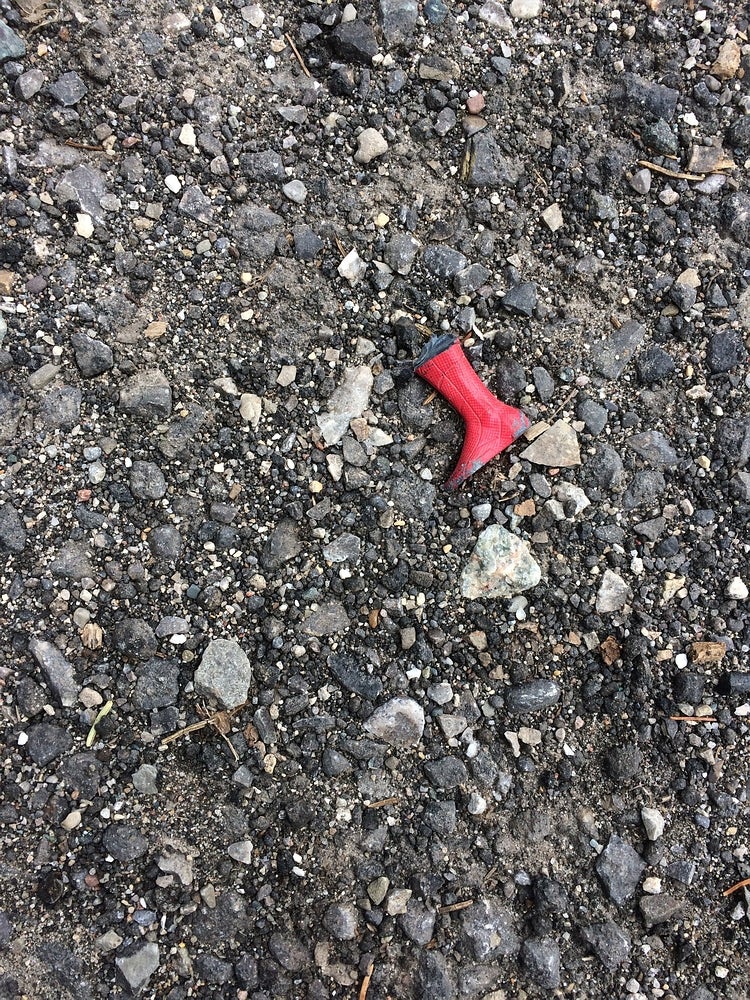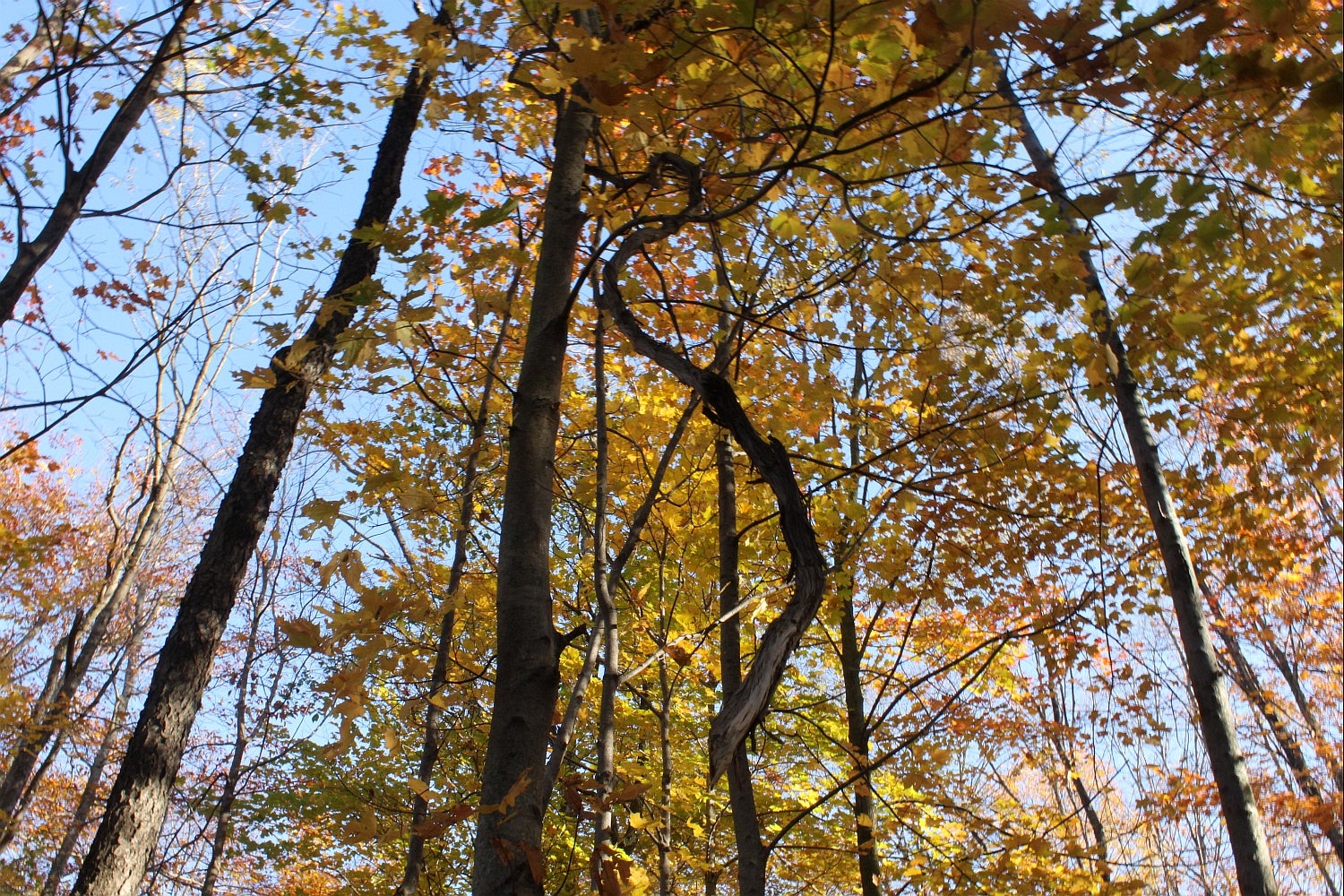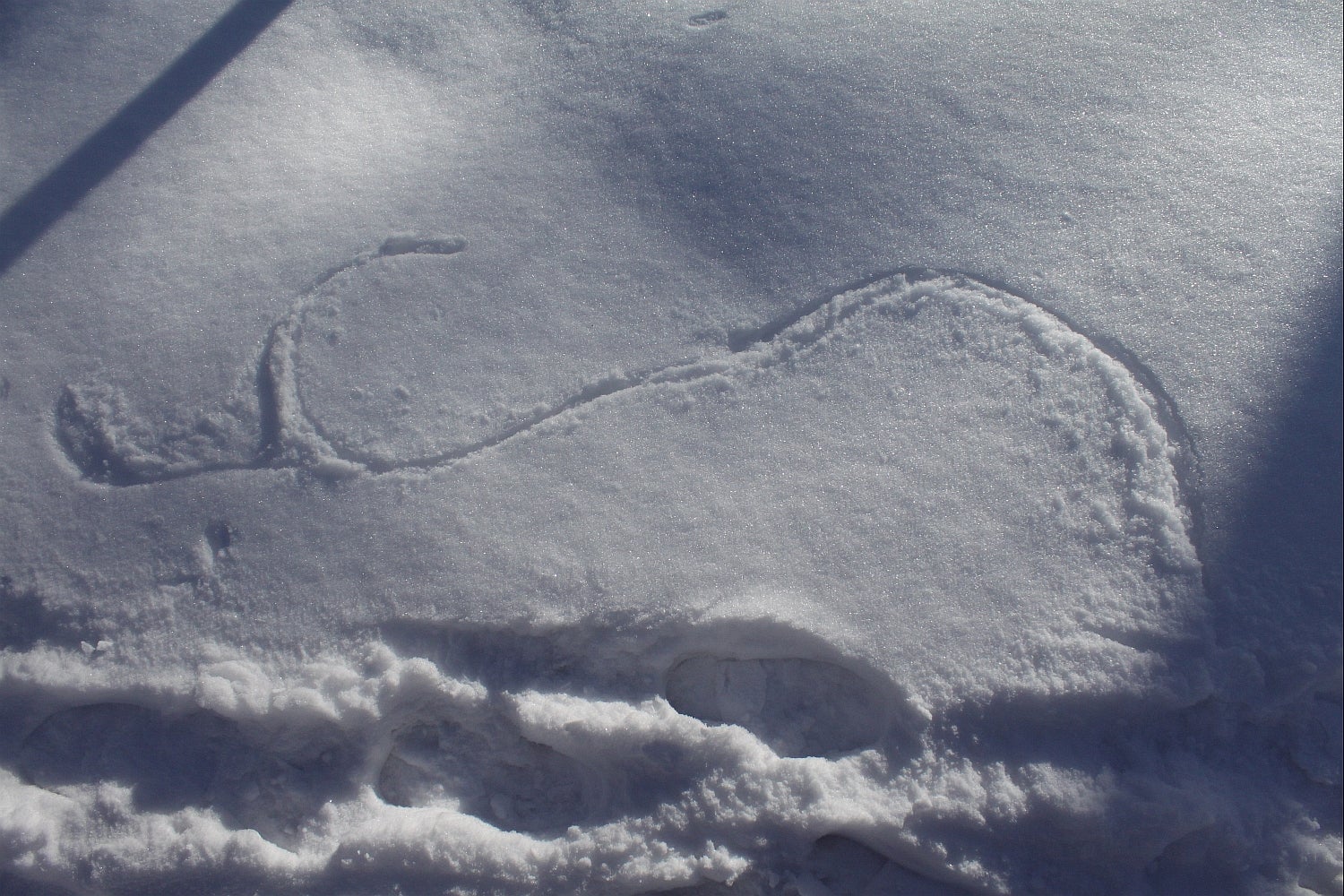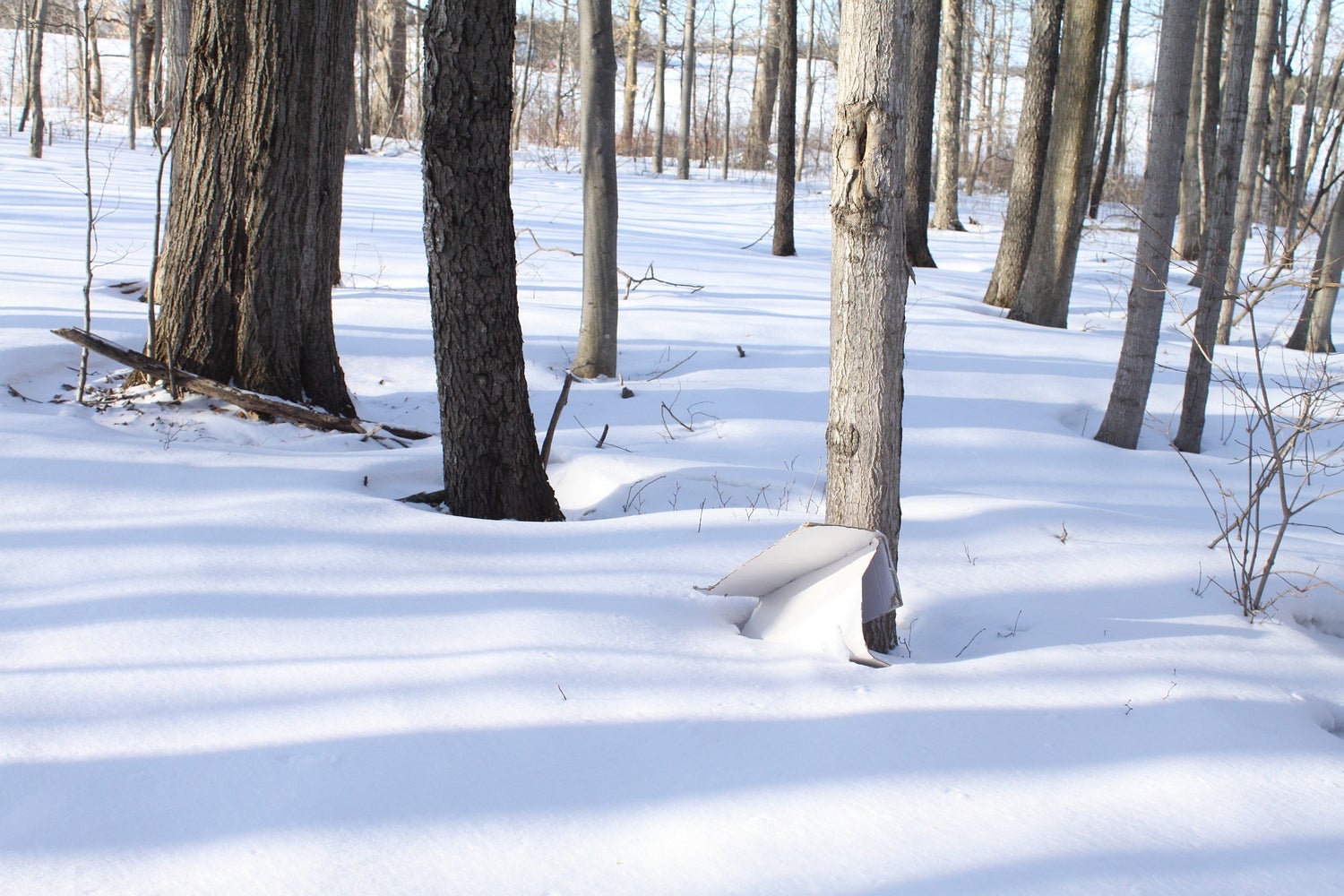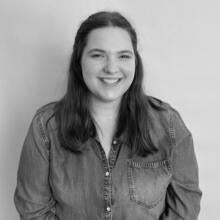
Email: mirandaschultz@live.ca
Miranda Schultz is an emerging Canadian artist from rural Ontario. She is currently completing her final year of undergraduate studies at the University of Waterloo, majoring in Fine Art and minoring in history. Miranda’s work explores ideas about observation, memory, local and familial history, as well as interactions with land and environments. Her work consists of painting, photography, drawing, and more recently, explorations with textiles and embroidery.
Artist Statement
Our lives are filled with spaces, histories, and objects that, in the face of everything demanding immediate attention, get ignored. However, overlooked phenomena make life fascinating. It is easy to observe what one is meant to, but to really see is difficult; it requires pause. With my work, I strive to observe what is not immediately obvious and what is overlooked. I want to explore the relationship between the ordinary and the extraordinary: how a shift in perspective can change our experience. My studio process includes stepping back from the mundane in hope of discovering something overlooked yet meaningful. I look to my daily routines and locale for subject matter.
My paintings focus on places that are dear to my heart, but that have experienced violent change, or are about to. This way they address themes of change, observation, and emphasize the tension between human-made landscapes, and nature or “natural” landscapes, thus showing which holds the most power or influence, or which element will endure the longest. I purposely sought out local, beautiful places that may never be the same again. I want viewers to take a pause and process the ever-present aspect of change which can be painful and yet beautiful.
My photographic series entitled Everyday Oddities also addresses change and observation, but on a smaller scale. The series is a collection of random, amusing phenomena that I (sometimes literally), stumbled across while walking in my neighborhood. The phrase motivating this series is “ make the ordinary extraordinary.” There are marvelous things that we miss when we do not take time to look, and by purposely photographing the things I come across, I hope to present unobserved marvels and emphasize their existence.
Interview Questions
What aspects of your life inspire your art?
I try to draw inspiration from things in my life that I find fascinating. I am constantly trying to draw connections from different experiences and phenomena in my daily life. Often, I do not feel equipped or qualified to do what some artists can do to comment and express grand philosophical ideas or political concerns. Instead, I focus on the little things: things that bring me joy and sometimes things that cause stress or sadness. This can include my family, history, relational dynamics, my favorite walking paths, or my faith. I observe these things, think about connections and how I experience them, and then I explore my observations in my artwork. Sometimes the tone is serious, and sometimes it is humorous.
What are your preferred mediums and why are you drawn to them?
My preferred media, currently, are oil or acrylic paints, graphite and conté. Aside from those materials, I have also recently been drawn to textile work. Embroidery thread, wool yarn and fabric are also exciting! Truly, I prefer anything that will allow me to make a mess.
Where do you see yourself in the future? How do you see your art practice evolving?
This is always a difficult question. I would very much love to be producing art on a regular basis, maybe not full time, but for a significant portion of my time. Moving forward, I would like to explore digital art and illustration for children’s books. I have worked in a library for almost ten years and have come across some exquisite books. I would also like to grow my skills in all of my preferred mediums and use art to explore my faith more deeply. Overall, my goals are open ended.
What is the most significant thing you will take away from your Fine Arts studies?
There are two significant things that I will take away from my studies. Firstly, that every artist’s path, ability, and passion is different, and therefore, comparison is not necessary. I have been able to witness a diverse display of perspectives, media and abilities during my studies and it helps me avoid comparing myself with others. There is no such thing as, “who is the better artist?”
Secondly, I will take away the understanding that as an artist you never stop learning. There is so much room for expression and exploration that I will never be bored, and anything can be inspiration!
